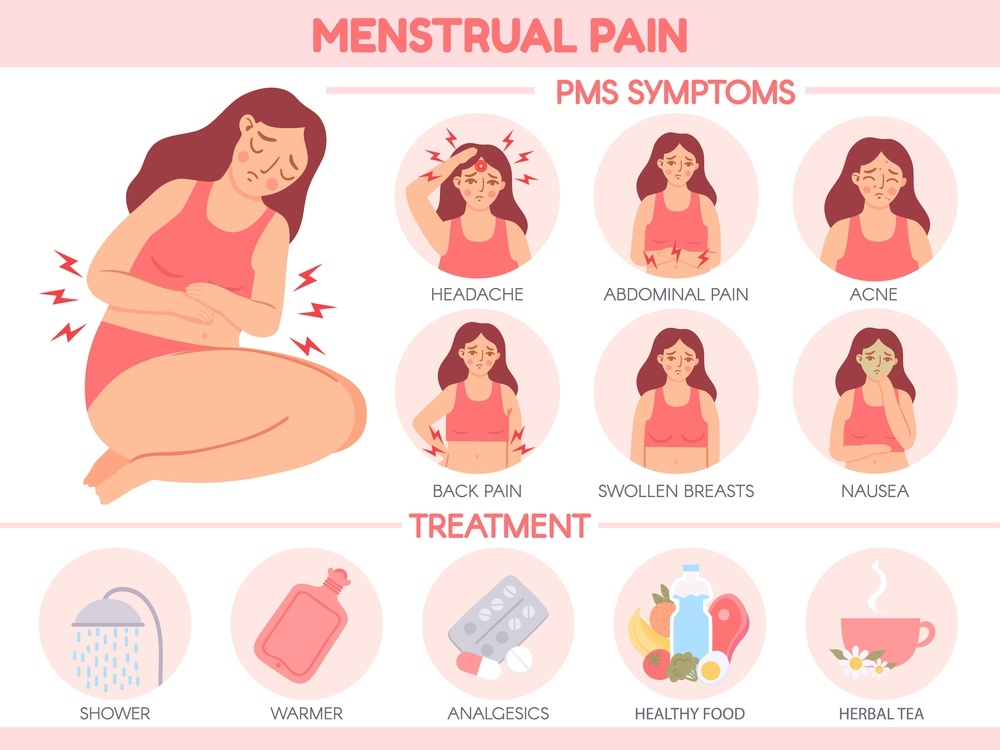There are currently many lactating mothers who are lacking in milk, mainly due to the following six reasons:
Psychological factors: Objective factors such as lifestyle rhythm, work environment, and economic pressure have caused significant emotional fluctuations in individuals, including irritability, excitement, sorrow, and anger. These factors can affect the activity of the pituitary gland through the cerebral cortex of the mother, inhibiting the secretion of prolactin and leading to insufficient milk production.
Endocrine function: Prolactin secreted by the female pituitary gland is responsible for stimulating mature mammary glands to produce milk and maintaining their secretory activity. Various factors can affect the activity of the female pituitary gland, thereby inhibiting the secretion of prolactin and causing lactation insufficiency in lactating mothers.
Changes in dietary structure: Women often desire a slim figure, so they tend to eat less and emphasize consuming fruits and vegetables. This dietary imbalance can lead to a lack of essential nutrients such as protein and fat in lactating mothers' bodies, resulting in insufficient milk production.
Lack of correct understanding of breastfeeding: Some lactating mothers are afraid that breastfeeding will affect their physical appearance, so they are reluctant to breastfeed their babies. Even if they do, they breastfeed less frequently. Due to the lack of stimulation from sucking, the lactation of these mothers gradually decreases.
Inappropriate underwear: Modern women commonly wear bras. If they wear bras that are too small during pregnancy, it can restrict breast development and result in lactation insufficiency after childbirth. Additionally, certain fibrous materials in bras can have an impact on milk secretion.
Poor physical condition of lactating mothers: Some lactating mothers have poor appetite, eat very little, have extreme dietary restrictions, or dislike drinking fluids. Others may have conditions such as anemia, liver disease, malnutrition, or chronic diarrhea, which can affect milk production.








